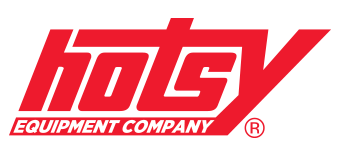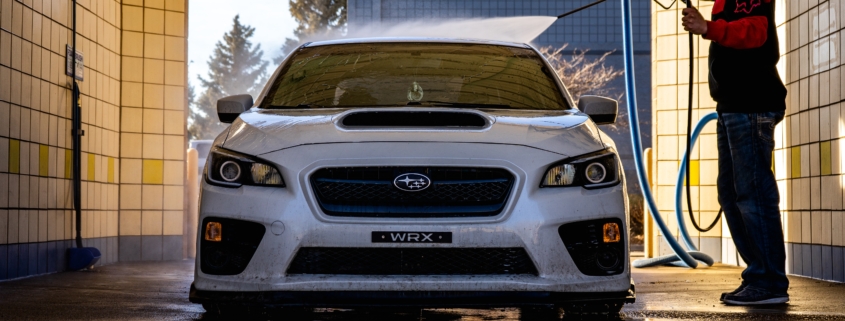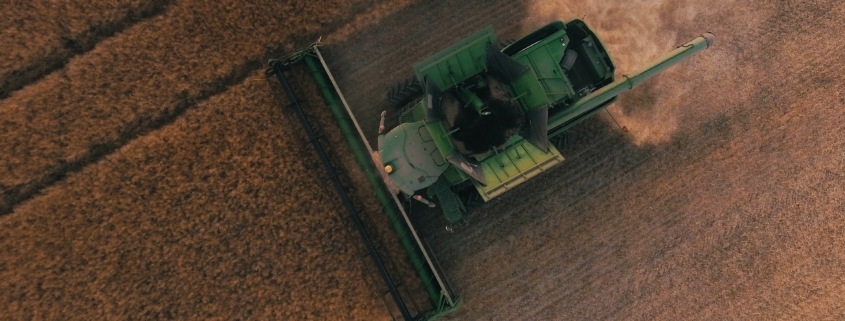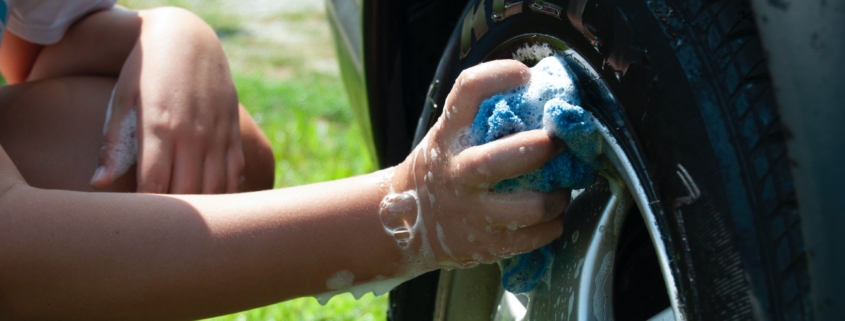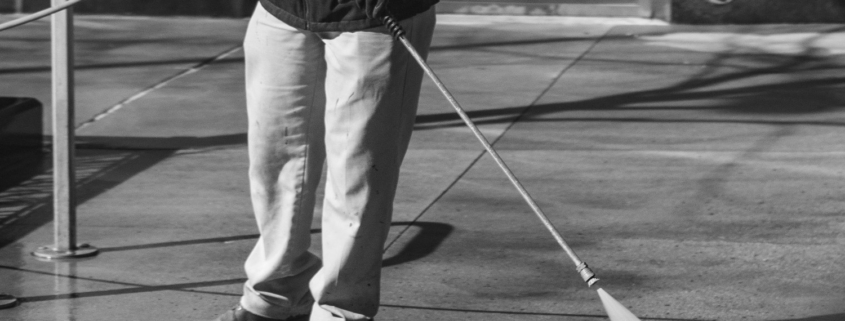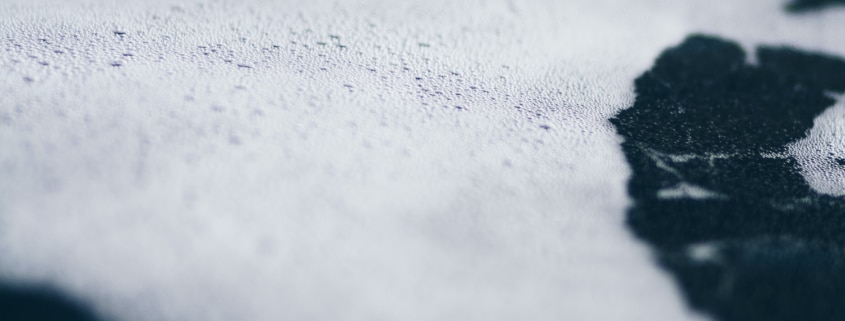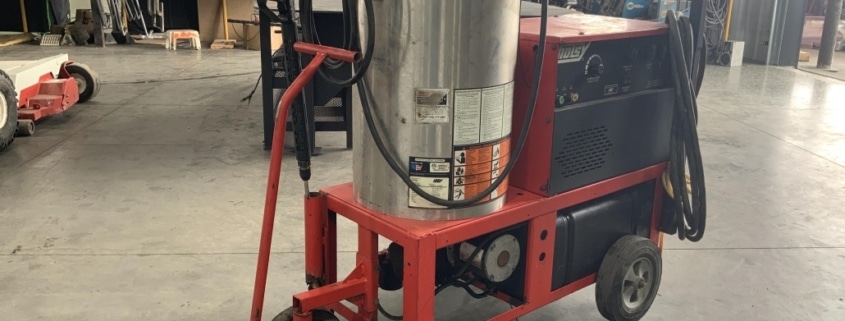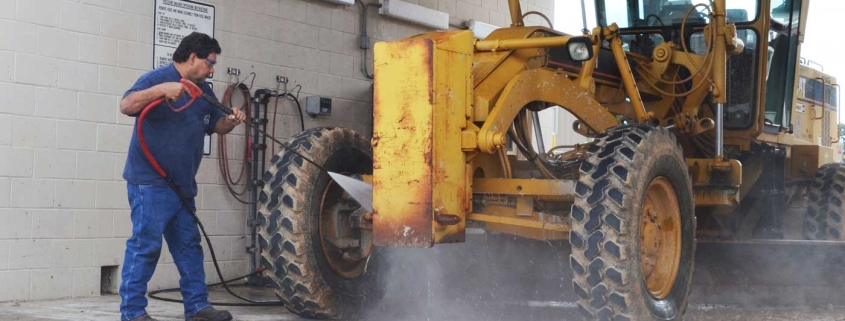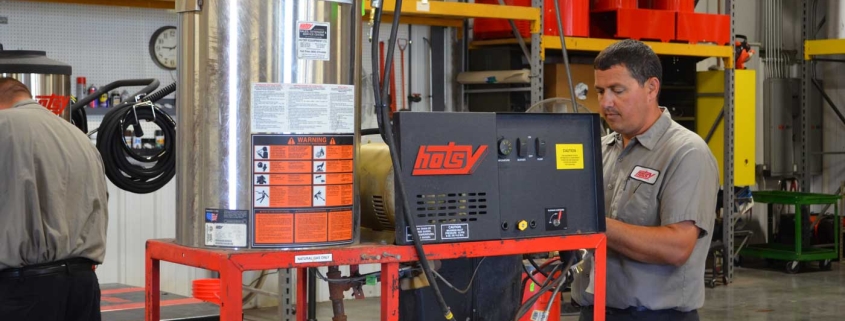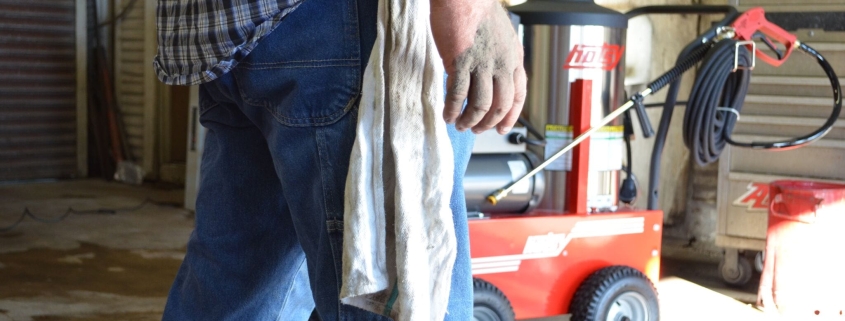How much does commercial pressure washing cost? The answer may surprise you – because, in recent years, commercial pressure washing prices have skyrocketed.
But, that doesn’t mean you can just cut this cost out of the equation. Your business still needs pressure washing on a routine basis – whether you’re looking for commercial building pressure washing, parking lot pressure washing, oil rig pressure washing, or even restaurant pressure washing.
Fortunately, there is a more cost-effective cleaning solution that helps you save money while still getting the quality cleaning job you need. By investing in your own
We’ll talk more about this toward the end. First, we’re going to address the main question you came here with – how much does commercial pressure washing cost?
How Much Does Commercial Pressure Washing Cost?
This isn’t an easy question to answer – because there are so many factors at play. The national average for commercial pressure washing services is around $250 – $500 per hour. Some pressure washing businesses like to charge per square foot rather than per hour, further complicating matters.
Either way, Prices can vary greatly depending on how much work there is to be done, how big of an area needs to be washed, how difficult the terrain and environment are, how far away it is from the pressure washing company’s base of operations, and how many supplies they need to bring – and how much time it takes.
For example, if your business has a large parking lot that needs to be pressure washed on a regular basis, you could easily spend anywhere from $500 – $2000 for the job. That’s how quickly costs can add up! But where does your specific job or needs fall on this scale? To help you narrow down a better answer, let’s take a look at all the factors affecting commercial pressure washing prices.
Factors Affecting Commercial Pressure Washing Prices
As we just referenced, there are so many factors affecting commercial pressure washing prices. We’ll take a deep dive into all of these below.
The Area in Question
First, how large of an area needs to be cleaned? If you have a small area with just a few stains that need to be taken care of, the pressure washing company can easily charge less.
However, if your business needs a thorough cleaning job on a larger scale – for example, pressure washing parking lots, warehouses, and other expansive areas – then it will cost more due to how much time and resources are needed for this type of job.
This all comes down to how much time it takes to get your specific job done. If your business needs a thorough job that requires 8-12 hours of work – this will cost more than if you just need a half day of work. Simple enough, right? Now, allow us to add a bit more complexity to the equation – because there is another factor affecting the price of your specific area:
You also should assess how difficult the terrain or environment is. For example, if the area in question has dirt roads or hazardous areas that require special precautions and supplies to clean properly and safely – this can add to the price tag as well.
Location
Another important factor is your specific location. As with gas prices, groceries, window tinting, and virtually every other good or service, prices vary across the country. Some places – like Southern California or New York City – will command higher prices than more affordable areas of the country – like the Midwest or the south.
Another factor to keep in mind is the proximity of your operation to the pressure washing company’s base of operations. The further away it is, the more money they’ll charge for gas and travel time.
Differences in Specific Pressure Washing Company Prices
One final factor worth taking note of is the specific company in question. Not all pressure washing companies charge the same prices within your specific cities. Some have a reputation of excellence and command higher prices through their experience and higher quality equipment/supplies.
On the other hand, there are countless pressure washing companies popping up around the country every day – as businesses continue to recognize the value of investing in commercial cleaning. You can likely find a newer company that may not have the experience or skills necessary to charge as high of prices. With that said, you get what you pay for.
A More Cost-Effective Solution
Now that you know how much commercial pressure washing costs on average, it’s time to look into a more cost-effective solution. Think about it like this: if you need to pressure wash your facility once a week, hiring a company to come in and clean for you will quickly add up. You may find yourself paying as much as $1,500-$3,000 per month (depending on the factors we discussed above). That’s a lot of money – especially when you compound it over the course of the year. Imagine what you could do with that $38,000 annually!
All of this is to say that at a certain point, hiring a pressure washing company may not be the most cost-effective solution. Instead, investing in your own Hotsy commercial pressure washer and supplies is the way to go!
By taking care of this process internally rather than outsourcing, you end up saving much more money in the long run. Plus, you can rest assured that you’re getting the highest quality pressure washing with Hotsy’s top-of-the-line hot water pressure washer for sale or cold water pressure washers for sale.
We have both electric vs gas pressure washers, too. You’ll even gain access to commercial pressure washer trailers for sale in our store! No matter what type of pressure washer you are seeking, you’ll find it in our store – regardless of your ideal pressure washer PSI or pressure washer GPM.
We also carry parts and accessories so you can maintain your machine over time – further reducing costs!
So instead of relying on commercial pressure washing services that take up more money in the long run – make sure to invest in a high-quality machine from Hotsy today and start saving money today! Want a specific recommendation? Our articles on the best commercial pressure washers & best soap for pressure washers are both great starting points.
Once you have your unit, you can learn all about how to use a pressure washer in our blog. We have articles explaining more advanced pressure washer tips and tricks, and we also have the basics – like how to start a pressure washer.
And, you can learn about specific use cases that may be necessary in your business – like pressure washing commercial buildings, pressure washing asphalt, power washing house siding, or how to wash a car with a pressure washer.
Parting Thoughts on Commercial Pressure Washing Prices
We hope this article answers the question you came here with – how much does commercial pressure washing cost? After discussing the various factors affecting commercial pressure washing prices, you should have a better idea of what you can expect to pay for your specific job.
And, you also know now that hiring an outside company may not be the best approach to your cleaning process. Instead, head over to a Hotsy dealer near you.
In the best pressure washing store in San Antonio and all of South Texas, you’ll find helpful reps that will get you set up with the exact unit you need – let us help you choose a pressure washer based on your unique situation!
And don’t forget – we also carry essential supplies, too, like a degreaser for pressure washer, pressure washer parts & accessories, and even pressure washer repair and service.
